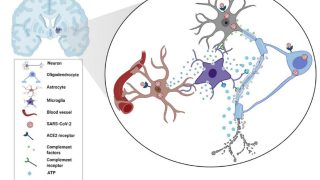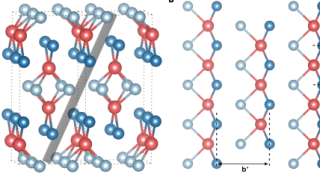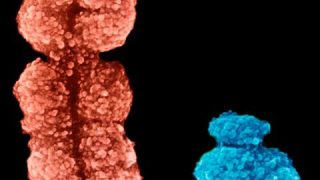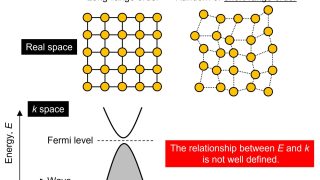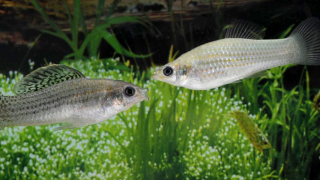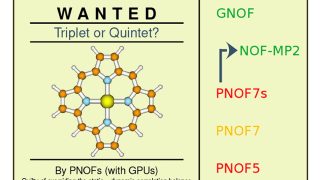
NOF approximations applied to iron(II) porphyrin
DIPC Computational and Theoretical Chemistry • Quantum physics
As early as the 1970s, it was suggested that one-particle reduced density matrix functional theory could be an attractive alternative formalism to wave function-based methods. Unfortunately, calculations based on exact functionals generated by the constrained-search formulation are computationally too expensive, which has prompted the development of approximate functionals for practical applications. The functionals currently in […]


